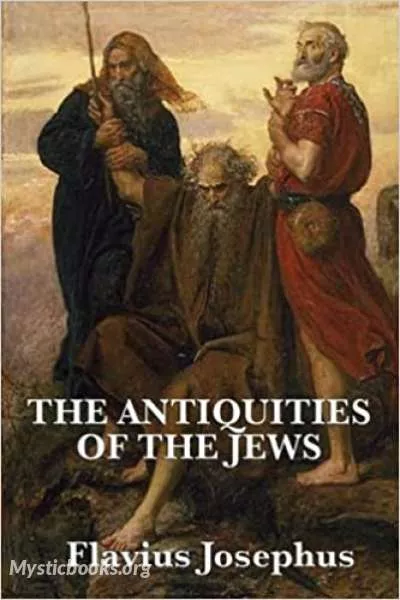
The Antiquities of the Jews, Volume 1
'The Antiquities of the Jews, Volume 1' Summary
Josephus' Judean Antiquities is a vital source for the history of the Intertestamental period and the Jewish war against Rome.
In the preface of Antiquities of the Jews, Josephus provides his motivation for composing such a large work. He writes:
Now I have undertaken the present work, as thinking it will appear to all the Greeks worthy of their study; for it will contain all our antiquities, and the constitution of our government, as interpreted out of the Hebrew Scriptures.
Josephan scholar Louis Feldman highlights several of the misconceptions about the Jewish people that were being circulated in Josephus' time. In particular, the Jews were thought to lack great historical figures and a credible history of their people. They were also accused of harboring hostility toward non-Jews, and were thought to be generally lacking in loyalty, respect for authority, and charity. With these harsh accusations against the Jews fluttering about the Roman empire, Josephus, formerly Joseph ben Matthias, set out to provide a Hellenized version of the Jewish history. Such a work is often called an "apologia," as it pleads the case of a group of people or set of beliefs to a larger audience.
In order to accomplish this goal, Josephus omitted certain accounts in the Jewish narrative and even added a Hellenistic "glaze" to his work. For example, the "Song of The Sea" sung by Moses and the people of Israel after their deliverance at the Red Sea is completely omitted in Josephus' text. He does mention, however, that Moses composed a song to God in hexameter—a rather unusual (and Greek) metrical scheme for an ancient Hebrew. Josephus also writes that Abraham taught science to the Egyptians, who in turn taught the Greeks, and that Moses set up a senatorial priestly aristocracy, which like Rome resisted monarchy. Thus, in an attempt to make the Jewish history more palatable to his Greco-Roman audience, the great figures of the biblical stories are presented as ideal philosopher-leaders.
In another example, apparently due to his concern with pagan antisemitism, Josephus omitted the entire episode of the golden calf from his account of the Israelites at Mount Sinai. It has been suggested that he was afraid that the biblical account might be employed by Alexandrian antisemites to lend credence to their allegation that the Jews worshiped an ass's head in the Temple (cf. Apion 2:80, 114, 120; Tacitus, Histories 5:4). He also made discredited allegations that the Ancient Egyptians forced the Jewish slaves to build the pyramids, writing “They [the Egyptian taskmasters] set them also to build pyramids.”.
Josephus also adds a short account of his personal life, Vita, as an appendix to the Judean Antiquities.
Antiquities of the Jews contains a good deal of valuable, sometimes unique, historical material. This applies, for example, to the history of the Hellenistic states, Parthia, Armenia, the Nabatean kingdom. Roman power, to the history of Rome's conquest of the states of Western Asia. It is no accident that in the Middle Ages and in modern times this book of Josephus was considered one of the most important sources in ancient Roman history, along with the works of Titus Livius, Tacitus, Suetonius, and one of the most erudite Christian authors of the 4th–5th centuries, Jerome called Josephus Flavius "Titus Livius of the Greeks".
The extant copies of this work, which all derive from Christian sources, contain two disputed passages about Jesus. The long one has come to be known as the Testimonium Flavianum. If genuine, it is an early extrabiblical record of Jesus, and as such is sometimes cited as independent evidence for the historical existence of Jesus.
Book Details
Language
EnglishOriginal Language
GreekPublished In
1544Genre/Category
Tags/Keywords
Authors
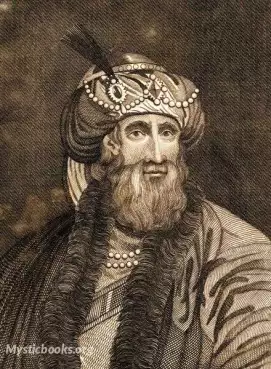
Flavius Josephus
Italy
Titus Flavius Josephus was a first-century Romano-Jewish historian who was born in Jerusalem—then part of Roman Judea—to a father of priestly descent and a mother who claimed royal ancestr...
Books by Flavius JosephusDownload eBooks
Listen/Download Audiobook
- Select Speed
Related books

A History of American Christianity by Leonard Woolsey Bacon
Published in 1897, this book describes the advent of Christianity in the United States from the landing of the first explorers with their mission to c...

History of the Israelitish Nation by Archibald Alexander
This book, "History of the Israelitish Nation" by Archibald Alexander, provides a comprehensive account of the history of the Israelites, tracing thei...
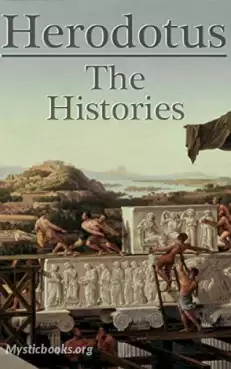
Herodotus' Histories Vol 3 by Herodotus of Halicarnassus
The Histories of Herodotus of Halicarnassus is considered the first work of history in Western literature. Written about 440 BC, the Histories tell th...

The Great Events by Famous Historians, Volume 10 by Charles F. Horne
Unravel the enigmas of the past and immerse yourself in the epic tales of human history with "The Great Events by Famous Historians, Volume 10," a cap...
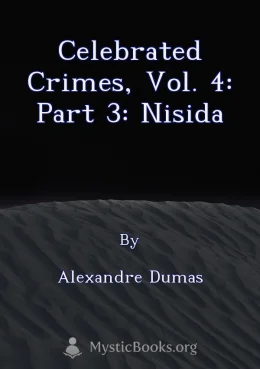
Celebrated Crimes, Vol. 4: Part 3: Nisida by Alexandre Dumas
Celebrated Crimes, Volume 4, Part 3: Nisida, delves into the intricate details of a real-life crime involving a fisherman named Gabriel from the islan...

Psychology of Peoples: Its Influence on Their Evolution by Gustave Le Bon
Published in 1895, *The Psychology of Peoples* by Gustave Le Bon delves into the psychological characteristics that define different races and how the...

The Passing of the Great Race by Madison Grant
First published in 1916, this eye-opening treatise became a touchstone for the dark undercurrents of society's belief in racial superiority and the co...

Horacker by Wilhelm Raabe
Wilhelm Raabe's "Horacker" is a satirical novel set in 19th-century Germany, depicting a young man named Cord Horacker amidst a seemingly idyllic rura...
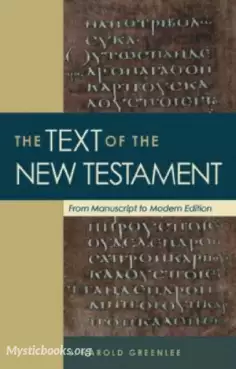
The New Testament (TCNT) by Twentieth Century New Testament
The Twentieth Century New Testament was produced in Britain over a period of 15 years by a group of approximately 20 people. Although they were all fl...
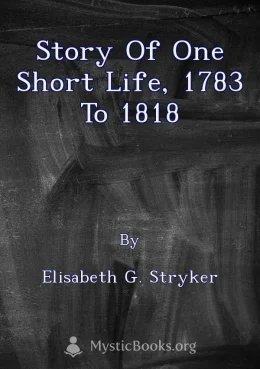
Story of One Short Life, 1783 to 1818 by Elisabeth G. Stryker
This book delves into the life of Samuel J. Mills, a pivotal figure in the early American religious landscape. Mills played a key role in establishin...
Reviews for The Antiquities of the Jews, Volume 1
No reviews posted or approved, yet...